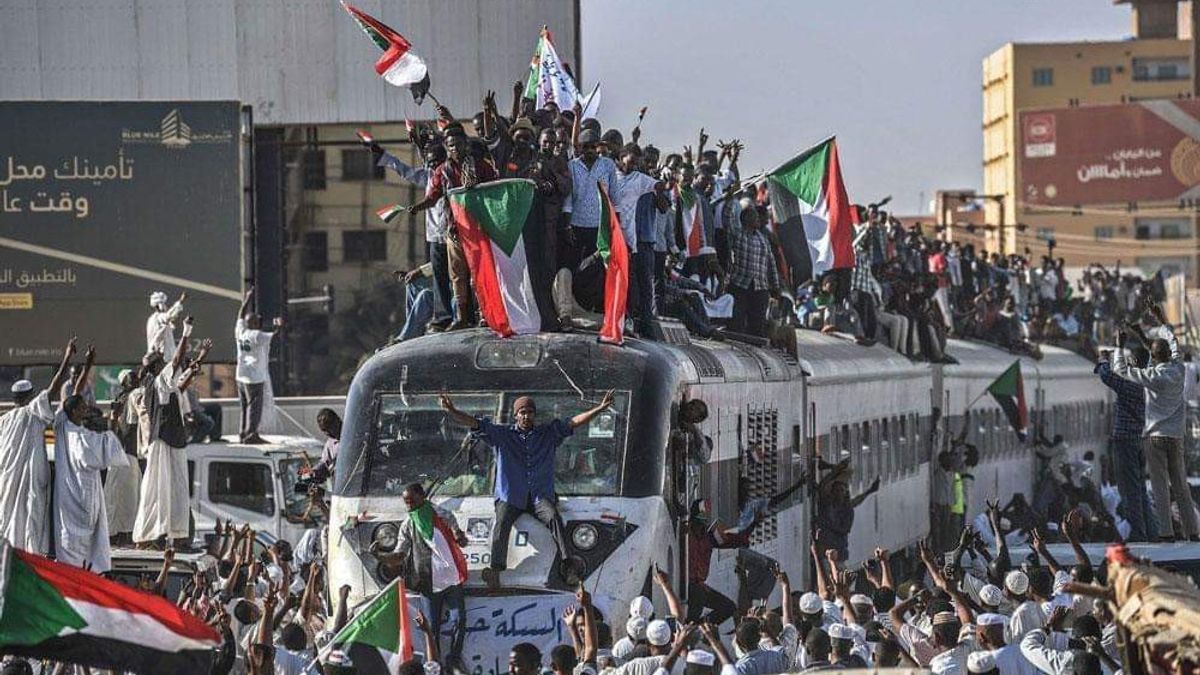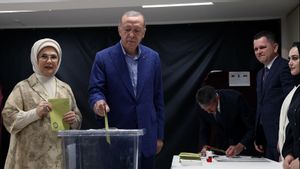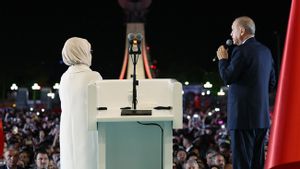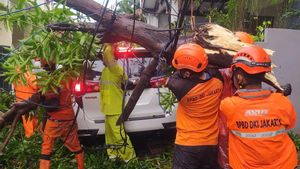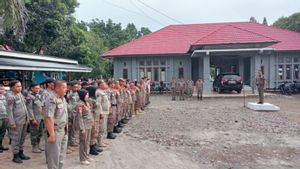JAKARTA - Saudi Arabia and the United States on Sunday called for an extension of a ceasefire deal that halted a six-week war between military factions, but said both sides had hampered relief efforts and were preparing for a further escalation.
Clashes were heard overnight and on Sunday in the capital Khartoum, residents said, while human rights monitors reported deadly fighting in El Fashir, one of the main towns in Darfur's western region.
The conflict between the Sudanese army and the paramilitary Rapid Support Forces (RSF) that erupted on April 15, has left the capital reeling from heavy fighting, lawlessness, and the shutdown of services, driving nearly 1.4 million people from their homes and threatening regional instability.
A week-long ceasefire, brokered in Saudi Arabia and US-led talks in Jeddah, will last until Monday evening.
The two countries monitored the ceasefire remotely, asking the army and the RSF to renew an "imperfectly observed" truce to allow humanitarian work.
"There were breaches by both sides that significantly impeded the delivery of humanitarian assistance and the restoration of essential services," Saudi Arabia and the US said in a joint statement, citing Reuters, May 29.
The statement cited violations of the ceasefire, including airstrikes and soldiers taking medical supplies, to the occupation of civilian buildings, and looting by the RSF.
"Both sides have informed the facilitators that their aim is de-escalation to facilitate humanitarian assistance and essential repairs, but both sides are prepared for further escalation," the statement said.
RSF said it was ready to discuss possible renewal, continuing to monitor the ceasefire "to test the other side's seriousness and commitment to proceed with renewal of the agreement or not". Meanwhile, the army said it was discussing a possible extension.
It is known that nearly 350.000 people have crossed Sudan's border since the fighting erupted, with the largest number heading north to Egypt from Khartoum or west to Chad from Darfur.
In Khartoum, factories, offices, houses, and banks have been looted or destroyed. Electricity, water, and telecommunications are frequently cut off, medicine and medical equipment are scarce, and food supplies are running low.
"We left because of the effects of the war. I have children and I am worried about them because of the lack of medical care," said one of the residents of the capital, Samia Suleiman while on the way to Egypt.
اقرأ أيضا:
The ceasefire agreement succeeded in bringing the fierce fighting to a halt, but sporadic clashes and airstrikes continued.
The United Nations and aid groups say, despite the ceasefire, they are struggling to secure bureaucratic approval and security guarantees to transport aid and staff to Khartoum and other places in need.
Meanwhile, the Health Ministry said at least 730 people died as a result of the fighting, although the actual figure is likely to be much higher.
The English, Chinese, Japanese, Arabic, and French versions are automatically generated by the AI. So there may still be inaccuracies in translating, please always see Indonesian as our main language. (system supported by DigitalSiber.id)
